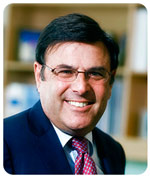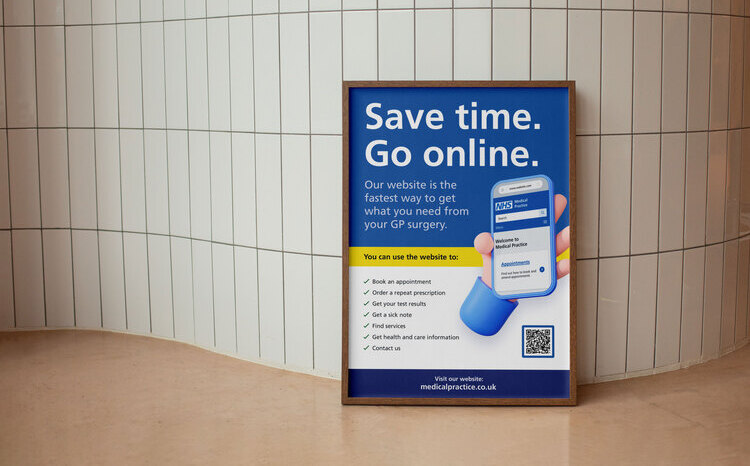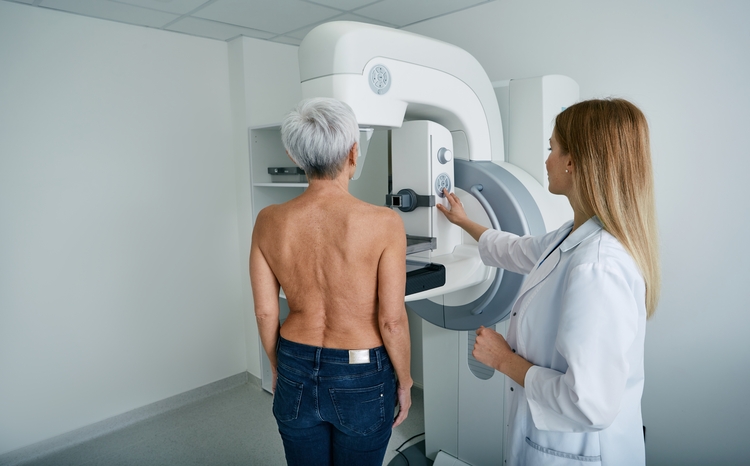Lorenzo Studio
- 11 September 2008
 Gary Cohen, executive chairman of IBA Health Group. |
It has been a long time coming, but an initial version of Lorenzo has finally gone live in one part of South Birmingham Primary Care Trust. It is still very early days – a full care records system remains a long way off – but at last there is something called Lorenzo that is now in use by at least some NHS staff.
If, as expected, University Hospitals of Morecambe Bay NHS Trust becomes the first acute trust to go live with a product called Lorenzo this autumn, its developers and the National Programme for IT in the NHS will be able to claim the first signs of momentum.
After four years of delays, during which Lorenzo has been promised as the “strategic” system for three out of five of the national programme’s regions, it might, finally, have reached the end of the beginning.
Live from down under
But ensuring the full delivery of the full Lorenzo Care Records System to the NHS is only the beginning of IBA Health Group’s lofty ambitions. In an exclusive interview, carried out days ahead of the go-live at Birmingham, an ebullient Gary Cohen spoke to E-Health Insider from Sydney about the company’s plans.
The group’s executive chairman said the first part of iSoft’s Lorenzo product suite will be Lorenzo Studio, which is set to be launched internationally at the Medica trade show this November. He said Lorenzo Studio has the potential to become a common “health operating system”, able to utilise web services to link together a range of legacy systems.
Indeed, he bullishy laid out ambitions for Lorenzo Studio to become nothing less than the common platform for healthcare internationally. “It will have a valuable role in transforming healthcare worldwide,” he predicted.
Lorenzo Studio pitched as a platform
Lorenzo Studio is being pitched as a platform that is able to provide the common services required to knit together both existing and future iSoft clinical applications and, more intriguingly, third party applications. The new mantra is about helping healthcare organisations to get the most out of their existing IT investments and data.
Cohen told EHI that Lorenzo Studio was built from the ground up to be based on use of web services, giving it a great deal of flexibility. “You can put it on top of existing administration systems and put clinical applications on top.”
He said the platform is being designed to “contain a lot of the legacy systems you’ve got in healthcare currently.” And in an eye-catching announcement, he revealed that the plan is now to open the application programming interfaces (APIs) of Lorenzo Studio to third party developers, to try and become a default standard.
Cohen explained the thinking: “It’s an effective way to get rapid take-up, and means it won’t be necessary for us to create applications,” he said. “If we have the platform and the architecture do we really care what applications sit upon top of our architecture.”
He stressed that developing from the ground up for web services fundamentally changed what was possible. “You can use web services to do all the core things you want to in an electronic health record.”
Aimed at the international market
Lorenzo Studio is specifically aimed at the international market. Cohen made it clear that the product is not the same as the full, end-to-end Lorenzo Regional product that the company remains contracted to deliver to much of the the NHS, through its key customer Computer Sciences Corporation.
“Lorenzo is what has been developed for the NPfIT programme, which is the platform with lots of applications to allow hospitals and other service providers to do a whole lot of detailed stuff. Lorenzo Studio will be be a common platform or spine that we think many countries will find appealing.”
He said interest had already been shown by health bodies in Australia and Germany, and that he expected this would be the way the market would go in other countries, including the US.
“We’re designing this for our international market. The difficulty is that the NHS has a particular contract and model they are working to, and this is the full Lorenzo product with full Lorenzo product set.”
But in other countries around the world, Cohen said there simply wasn’t enough money to replace current legacy systems. “In other contries, the issue is how to get benefit from existing systems,” he said. “The UK started from wanting to replace legacy systems; at the time contracts were awarded, there weren’t the software and technologies around that there are around now.”
Living in America
The focus on the US is new. Only last year, the IBA boss said that the market was too big for for it to look to tackle and that it was better placed and experienced to target socialised healthcare systems.
In his phone interview, however, Cohen said: “We think this will have a large application in the US,” arguing: “It could potentially be run by Health Management Organisations who run distributed healthcare models.”
Cohen acknowledged, however, that any attempt to tackle the US market would mean trying to tackle a fiercely contested market, taking on some very capable and experienced comeptitors in the process.
Related article
IBA boss says corner turned on iSoft




